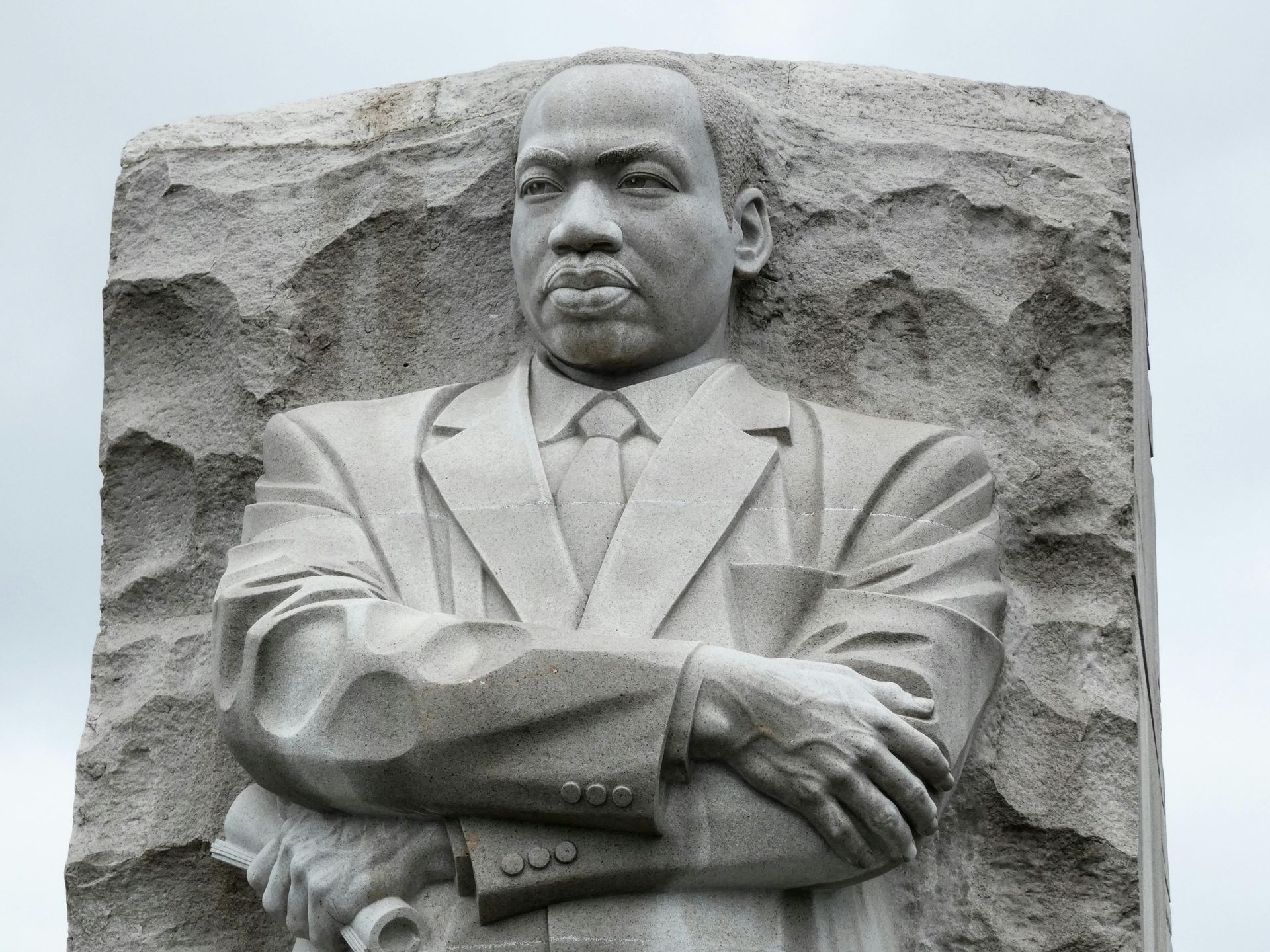7th Sunday C - February 23, 2025
7th Sunday C
February 24, 2025
The scene in the first reading of today’s mass reminds me of the scene from the Broadway Musical Le Miserable where the policeman Javert is spared by the thief Jon Valjean and can’t deal with the debt he now owes to this thief. Before he takes his life Javert sings:
Who is this man?
What sort of devil is he
To have me caught in a trap
And choose to let me go free?
It was his hour at last
To put a seal on my fate
Wipe out the past
And wash me clean off the slate!
All it would take
Was a flick of his knife
Vengeance was his
And he gave me back my life!
This is much the situation for Saul and David. David could have killed Saul, but he chose to spare his life. David had not heard the sermon on the plain in today’s gospel, but he chose to love his enemy, not to hurt God’s anointed one.
Saul was the first king of Israel and when his kingdom was under siege by the Philistines it is a young shepherd boy who goes up against and slays the giant Goliath. Saul should be happy, but when the people begin to praise David over him, he grows jealous and seeks to kill David. The women sing words that hurt Saul:
“Saul has slain his thousands,
David his tens of thousands’
As Saul chases David, one day Saul goes into a cave to relieve himself and there is David hiding and he has the chance to slay Saul, but instead he cuts a tassel off his cloak. The second time David meets Saul is today’ s first reading. David has decided to love his enemy. He sees Saul as the anointed of God and deserving of God and David’s love.
Loving one’s enemy is not an easy thing. We may not all have the kind of grievance David against Saul, but we all have men and woman who we find it hard to love. Love sometimes is a choice, we choose to love not because the other is loveable, but because they are created in the image and likeness of God and therefore deserving of our love, even if they don’t earn it. Choosing to love others may not change them, but it may change who we are.
How hard it is to pray for one’s enemies. The prayers may stick in our throats, but in offering them we change our attitude toward them and the world. A challenge we are given is to see our enemy, as like us, created in the image and likeness of a loving God.
There is a story told of the Christmas truce in the first world war. A group of British and German soldiers stopped the war for a time to celebrate Christmas. After this celebration many of them were unable to continue to fight. They had come to know the enemy as fellow humans and could not choose to destroy the men they came to know.
If we turn on the evening news, we will hear much about violence and hate in our world. We can choose to contribute or look for other news of the kingdom of God at work around us. Looking for the presence of our God during hate and violence is a discipline. One, we develop over time. This doesn’t mean we deny the brokenness of our world, but it means we don’t choose to let that be the whole story.
This week in the New Yorker Magazine I read a story about a deacon and a group of nuns who chose to visit women on death row in Texas. The women went into the prison full of fear and found they had much in common with the women on death row. They met them as fellow travelers and loved them as children of a loving God. The words of today’s psalm ring true:
Merciful and gracious is the LORD,
slow to anger and abounding in kindness.
Not according to our sins does he deal with us,
nor does he requite us according to our crimes.
We are invited to imitate the attitude of our God. We pray for those who hurt us and let God be the one to judge them and punish them.
We may not like it, but we may be surprised that the mercy of God extends even to those who hate us, or those who we think we hate.






